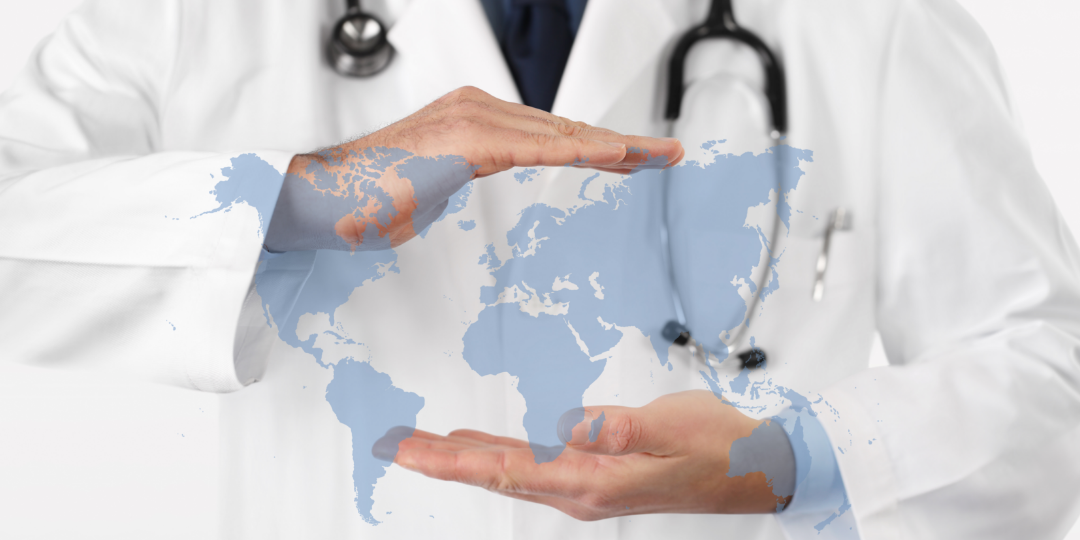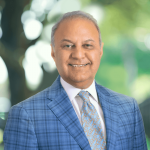Houston, the fourth-largest city in the United States, is a microcosm of global diversity. With over 145 languages spoken, it is one of the most linguistically diverse cities in the country. This diversity is reflected in the patient population of Houston clinics, where providers encounter a wide range of languages daily. Spanish, Vietnamese, Chinese, and Arabic are among the most common languages spoken after English, and clinics need to be able to facilitate smooth communication to best treat patients without interference. Hamid Razavi, PhD, CEO of Hillcroft Physicians, PA, stresses that while a language barrier may be a minor issue in a private setting, it remains a huge inhibitor between doctor-patient communications, even with the availability of interpreters and electronic translators. For medical providers in Houston, being multilingual is not merely an asset; it is becoming a necessity.
Misunderstandings Caused by a Language Barrier
One of the most important aspects of the medical field is the necessity of clarity when communicating with patients. Suppose a patient cannot speak the same language as a healthcare provider and there is no interpreter available. Critical information about symptoms, medical history, and treatment plans can be lost or misinterpreted. According to Hamid Razavi, PhD, this can lead to a plethora of issues such as:
- Misdiagnoses
- Improper Treatment
- Inadequate Follow-Up Care
- Incorrect Documentation
- Patient Anxiety and Distrust
- Longer Appointment Times
Every issue diminishes the overall quality of patient care and may subsequently result in health complications. Establishing effective communication methods in Houston clinics can facilitate the direct addressing, management, or even complete avoidance of these issues.

Current Methods Utilized for Overcoming Language Barriers
Interpreters and human translators have been crucial resources for Houston clinics in overcoming the language barrier. Though they have significantly improved doctor-patient communication, a barrier still exists. Some patients may not feel comfortable sharing all the details of their condition with a translator. Others may not want to disclose sensitive information to a third party, even though the translator is facilitating communication between both parties. Interpreters can also be quite expensive, particularly for smaller clinics in Houston, and aren’t readily available across the city. Alternatively, while electronic and online translators such as Google Translate or Care to Translate may be cost-effective and easy to access, they can prolong appointments and create tension by making patients anxious. All of these factors lead to a larger issue: patients may refrain from asking important questions, hindering their understanding of their condition and the correct usage of medications.
Benefits of Being a Multilingual Communicator
It’s not essential to be fluent in another language to use it in the medical field. An adequate understanding of a second language to engage in conversation can establish a connection between a medical practitioner and a patient, fostering an environment of trust and enabling patients to share sensitive information and ask questions with ease. Practitioners can even utilize their lack of fluency to break the tension with patients, helping them understand they are not alone and that the doctor is actively making an effort to communicate.
Embracing multilingualism remains a cost-effective and efficient strategy to facilitate seamless communication between healthcare professionals and their diverse patient populations. In turn, the steady flow of information ensures the patient is given the care needed for an overall improved quality of life.

Practical Steps for Medical Providers
Healthcare professionals seeking to gain proficiency in a new language have an array of resources at their disposal. There are many esteemed medical schools and healthcare organizations that offer meticulously tailored language training programs designed specifically for individuals working in the healthcare sector. These comprehensive programs cover essential topics such as medical terminology and employ scenario-based learning to facilitate proficient communication in clinical settings.
Razavi suggests that healthcare providers should engage with various communities and interact with people as a way to practice and improve their language skills while gaining a deeper understanding of other cultures. In a professional sense, participating in medical missions or volunteering in diverse neighborhoods are other exemplary methods healthcare providers may investigate while not only refining their language skills but also their professional careers.
Breaking Language Barriers at Hillcroft Physicians, PA
Multilingual proficiency plays a vital role in the provision of medical services in Houston. It significantly contributes to improving patient care, aligns with the city’s diverse demographics, enhances competitiveness in the professional market, and fosters cultural competence. With Houston’s population only continuing to grow and diversify, the need for healthcare providers with multilingual skills will continue to become more essential.
Razavi and the team at Hillcroft Physicians recognize the importance of multilingualism in providing high-quality healthcare. By prioritizing language skills and cultural competence, we aim to enhance patient care and create a more inclusive healthcare environment. Our commitment to breaking language barriers ensures that all patients receive the care they deserve, regardless of their linguistic background. Together, we can create a more inclusive and effective healthcare system for everyone to ensure everyone gets the treatment they deserve.


